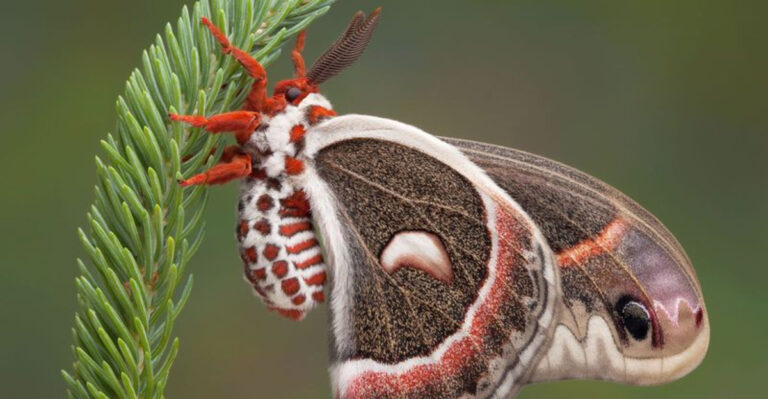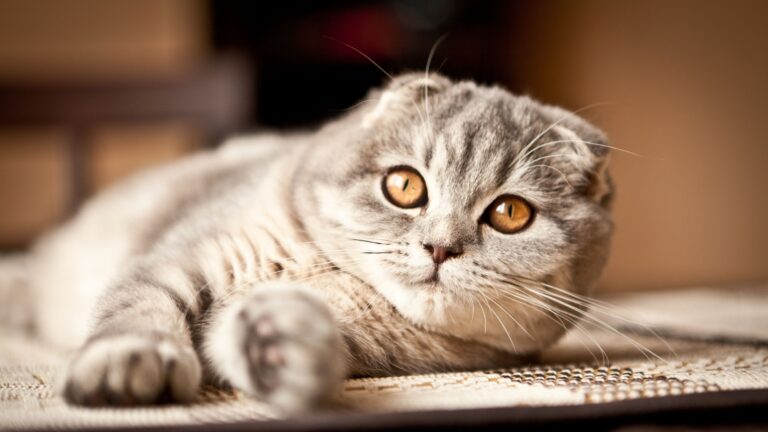12 Signs Your Cat Can Feel Your Stress
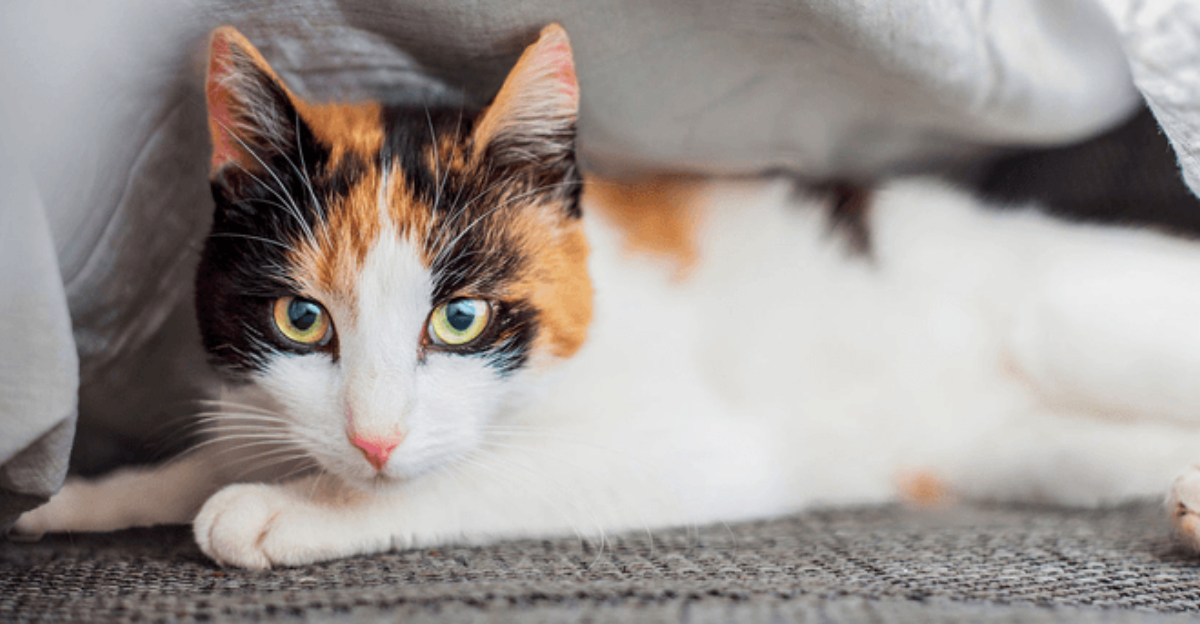
Cats are incredibly perceptive animals, often tuning into their owners’ emotions in surprising ways.
When you’re feeling stressed, your feline friend might actually pick up on those feelings and respond with behavior changes of their own.
Understanding these signals can help strengthen your bond with your cat and improve both your wellbeing and theirs.
1. Excessive Grooming
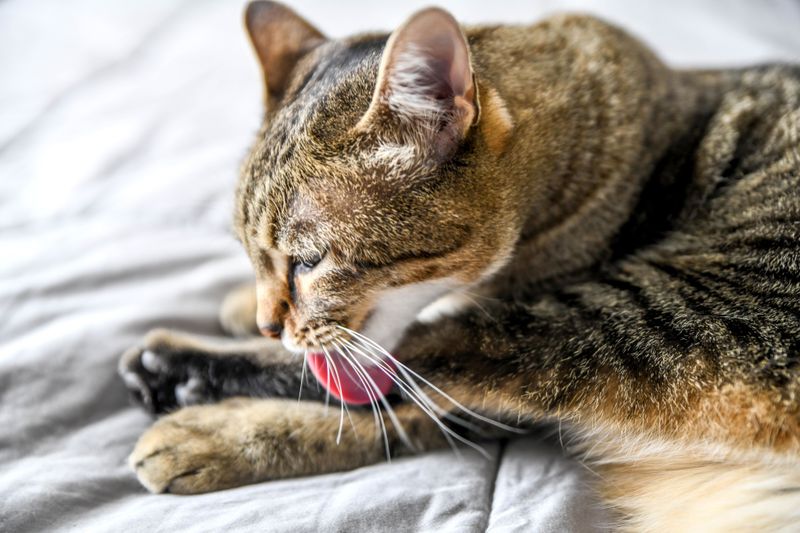
When you’re stressed, your cat might start licking themselves more than usual. This self-soothing behavior helps them cope with the unsettling energy they sense from you.
Just like humans bite nails when anxious, cats use grooming as their calming mechanism. Watch for bald patches or irritated skin—these could be signs your kitty is picking up on your emotional state.
2. Clingy Behavior
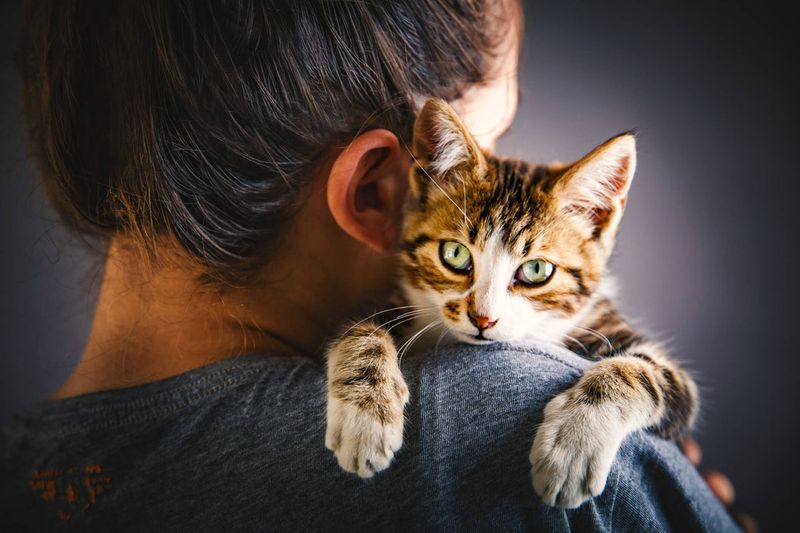
Suddenly your independent cat becomes your shadow, following you from room to room like a furry little guardian. This newfound clinginess often emerges when they sense your emotional distress.
Your cat may jump onto your lap more frequently or sleep pressed against you. They’re instinctively trying to comfort you—and perhaps themselves—during what they perceive as uncertain times.
3. Increased Hiding
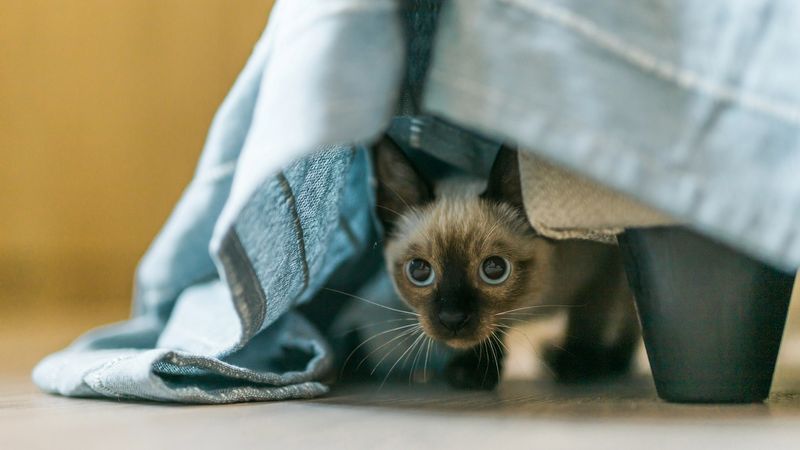
Your normally social kitty vanishing under the bed might be responding to your stress levels. Cats retreat to safe spaces when the emotional atmosphere feels threatening or unstable.
They’re not being aloof—they’re protecting themselves. Some cats find the intensity of human emotions overwhelming and need to create distance until the emotional storm passes.
4. Litter Box Issues
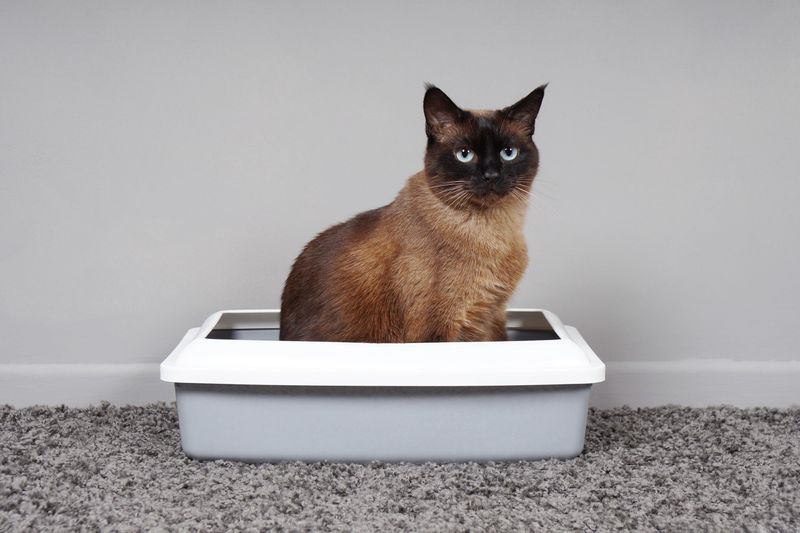
Finding unexpected “presents” outside the litter box? Your cat might be expressing anxiety picked up from your stress. Their bathroom habits are surprisingly sensitive to emotional disruptions in their environment.
Some cats may use the litter box more frequently or spend unusual amounts of time digging or covering. These behavior changes often directly correlate with periods when you’re feeling overwhelmed.
5. Changes In Appetite
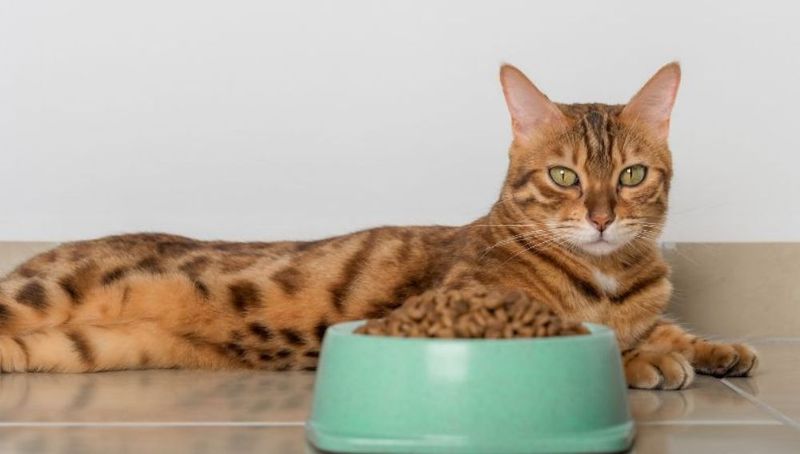
Has your cat suddenly lost interest in their favorite treats? Or perhaps they’re eating everything in sight? These appetite changes often mirror your own stress responses.
Some cats comfort-eat when sensing tension, while others lose their appetite entirely. Watch for these changes—they’re a furry barometer for the emotional climate of your home.
6. Restlessness Or Hyperactivity
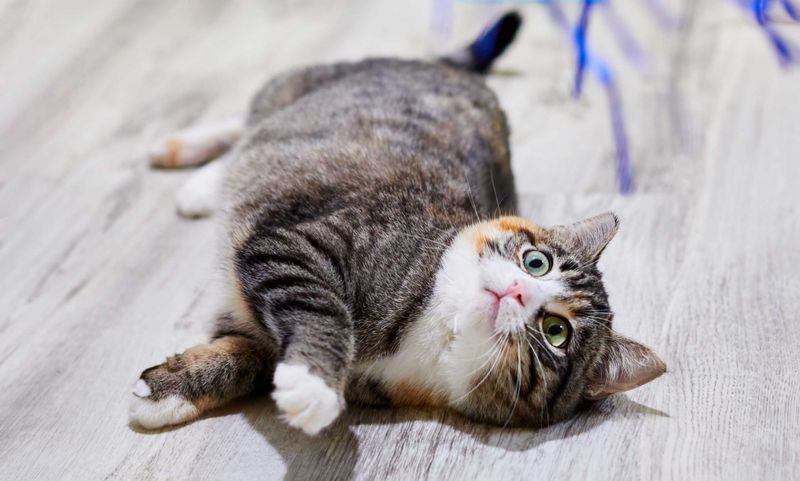
Your normally calm cat zooming around the house at 3 AM might be channeling your anxiety. Stress energy is contagious, and cats often respond with bursts of seemingly random activity.
Look for pacing, excessive play, or inability to settle. Your kitty might be burning off the nervous energy they’re absorbing from you, creating their own stress-relief system.
7. Vocalization
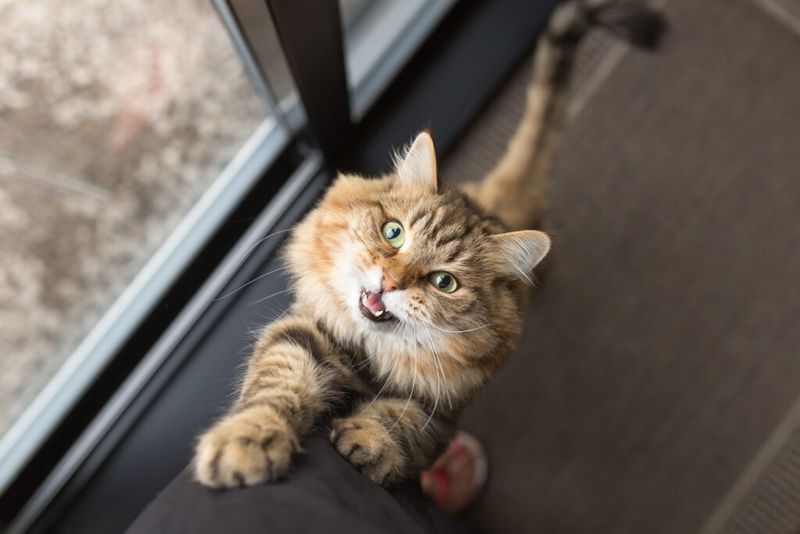
That midnight concert of meows might be your cat’s response to your stress levels. Many cats become more vocal when they sense emotional tension in their humans.
The pitch and frequency often change too—becoming more urgent or plaintive. Your feline friend is literally trying to talk to you about the uncomfortable vibes they’re picking up.
8. Lack Of Affection Or Withdrawal
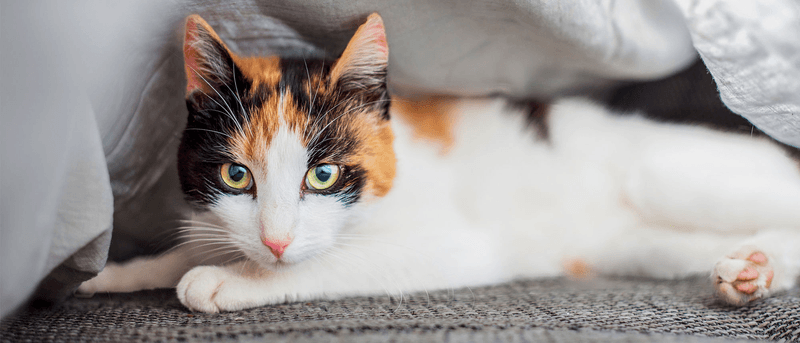
Your usually cuddly companion suddenly keeping their distance can be a reaction to your emotional state. Some cats find intense human emotions overwhelming and need space.
Don’t take it personally—they’re not rejecting you. Like empaths who need breaks from emotional overload, your cat may temporarily withdraw until your energy feels safer to them.
9. Changes In Sleep Patterns
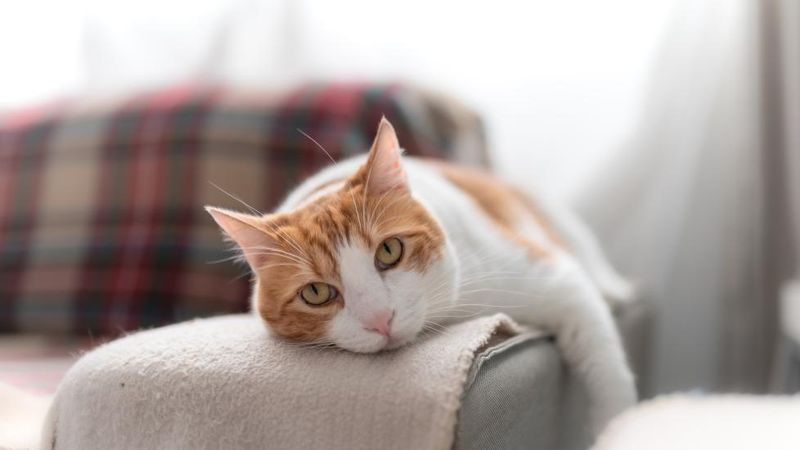
Your cat’s internal clock seems mysteriously linked to your emotional state. When you’re stressed, they might abandon their usual sunny napping spot or sleep at odd hours.
Some cats become hypervigilant, sleeping less and staying alert. Others might sleep excessively as a coping mechanism. Either way, these changes often align perfectly with your own periods of anxiety.
10. Biting or Scratching
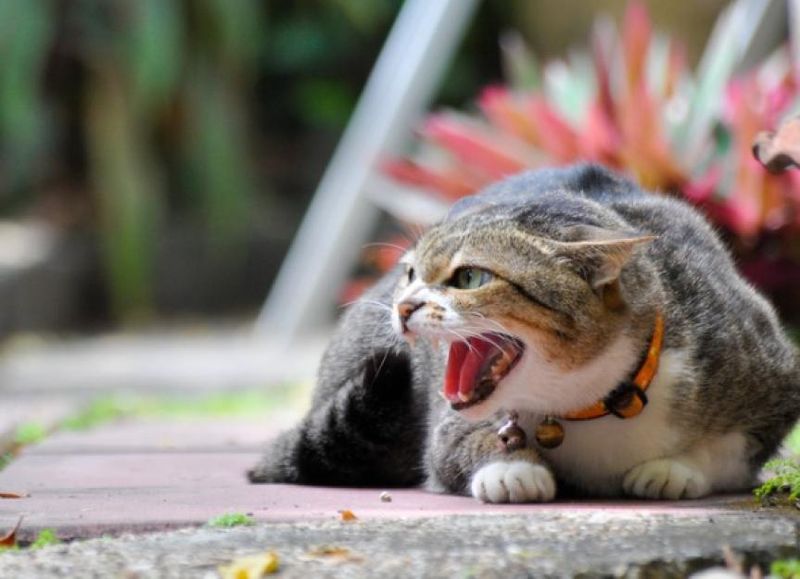
Those unexpected nips during petting sessions might be your cat’s response to the stress they sense in you. When overwhelmed by human emotions, some cats lash out physically.
Their nervous system becomes overloaded, triggering defensive behaviors. This doesn’t mean they’re angry—they’re simply communicating that the emotional environment feels threatening to them.
11. Pacing Or Restlessness
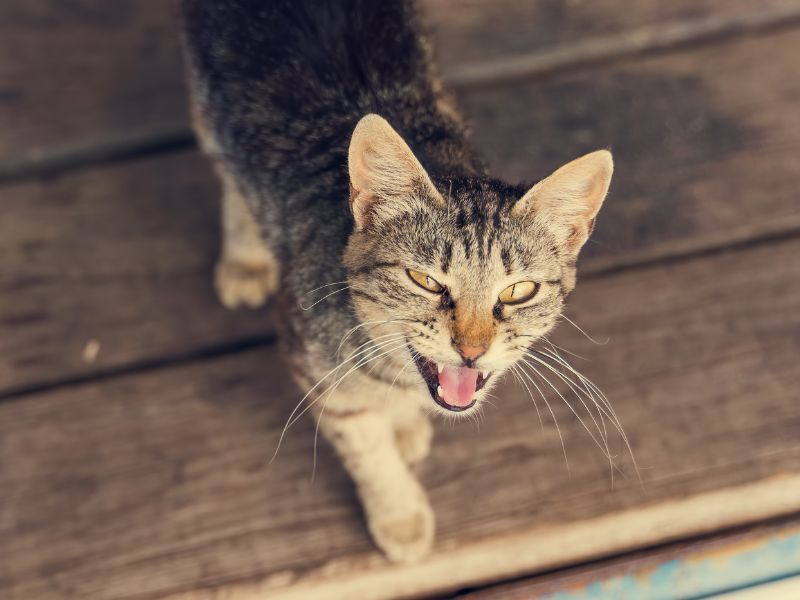
Your cat’s new habit of walking laps around the living room might be their way of processing your anxiety. This repetitive movement helps them cope with the unsettling energy they’re picking up from you.
Watch for tail twitching, inability to settle, or constant repositioning. These subtle signs show your cat is responding to the emotional undercurrents in your home.
12. Seeking Quiet Spaces
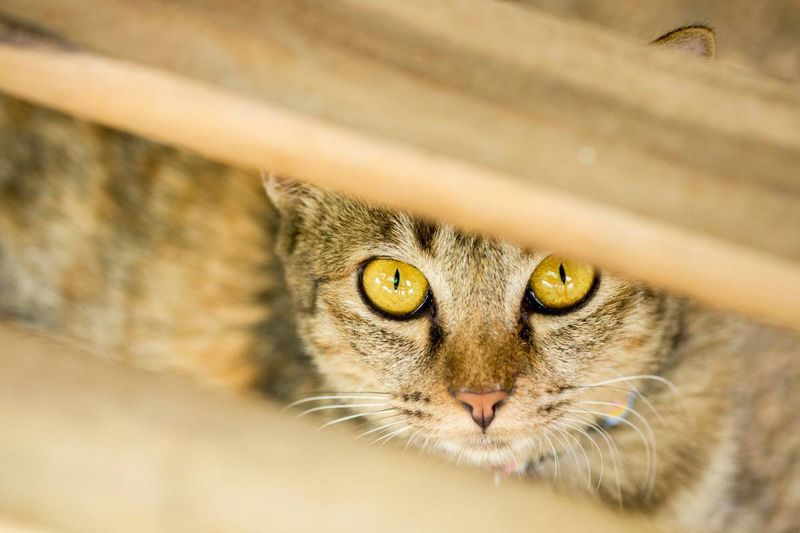
Finding your cat in unusual hiding spots—like the back of your closet or under the guest bed—often coincides with your stressful periods. They’re instinctively seeking emotional shelter from the storm.
Cats naturally gravitate toward calm, quiet environments when overwhelmed. Your feline friend might be taking a mental health break until the emotional atmosphere in your home feels more balanced.



